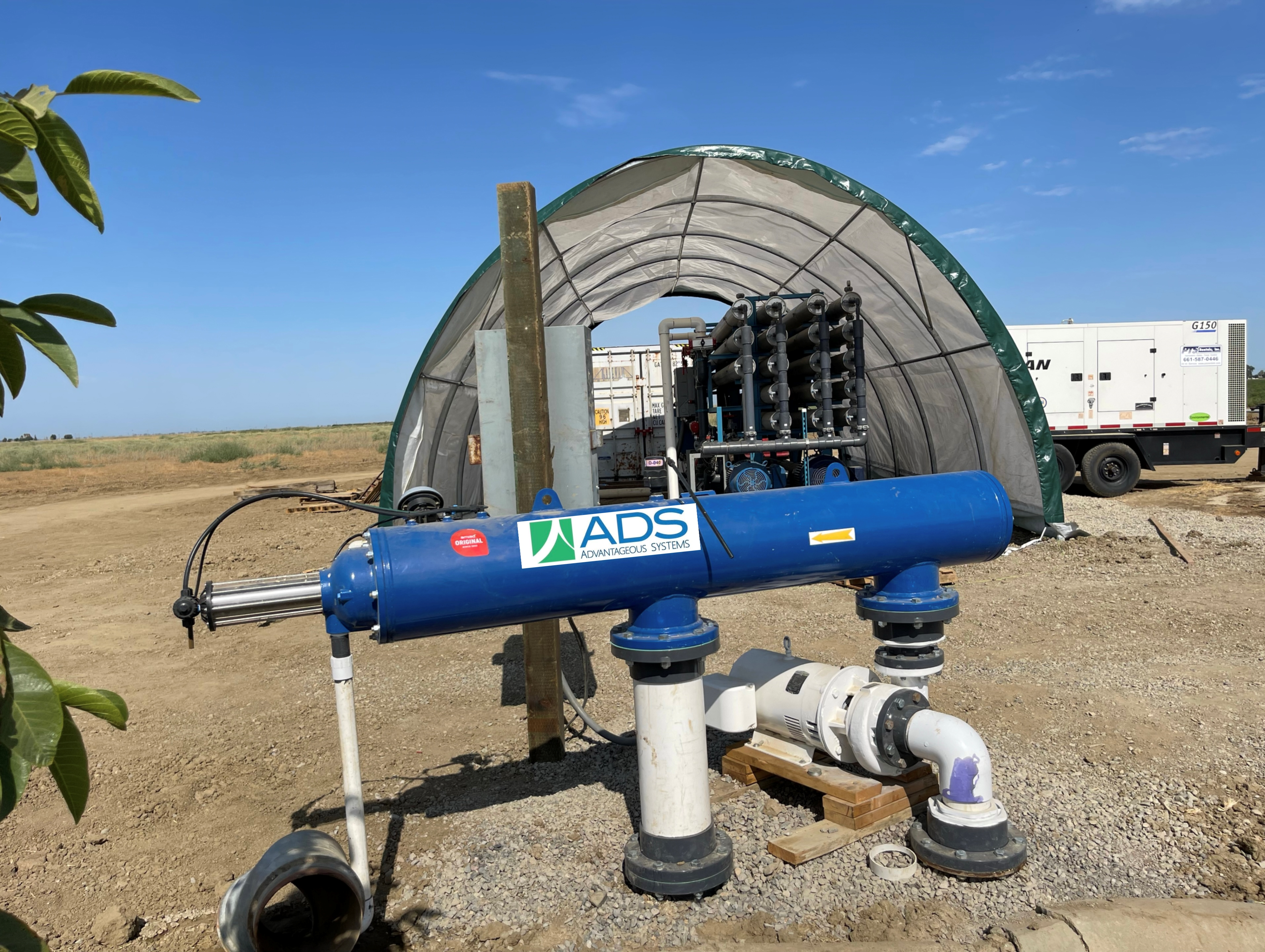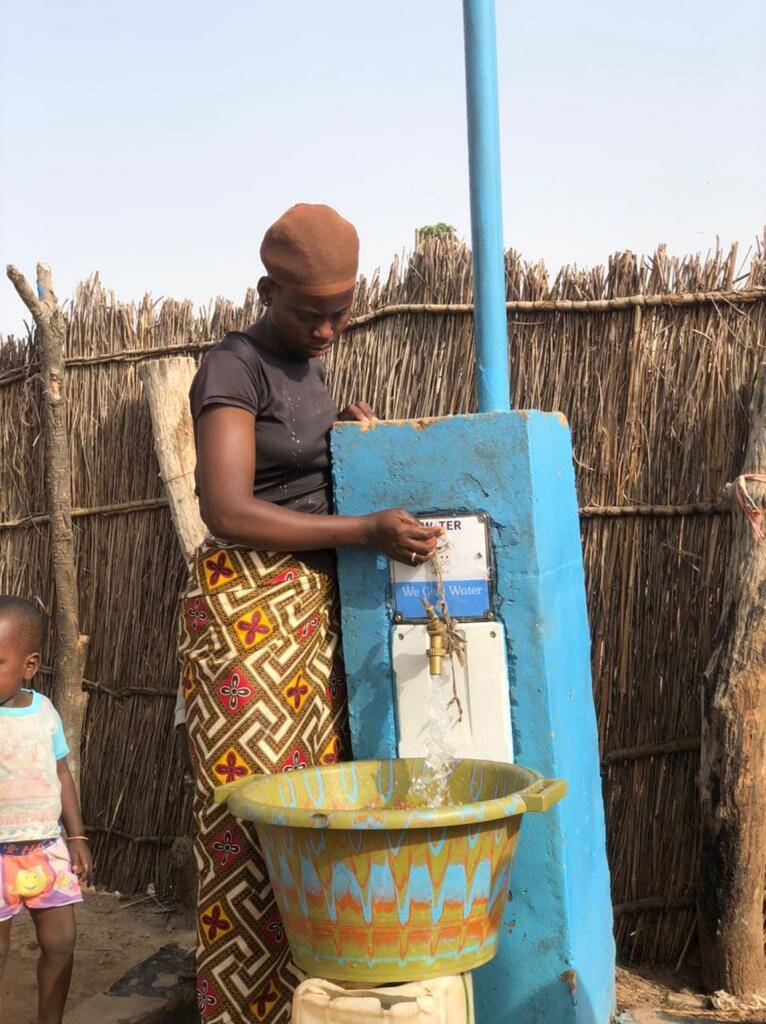You’ve reached your limit!
To continue enjoying Utility Week Innovate, brought to you in association with Utility Week Live or gain unlimited Utility Week site access choose the option that applies to you below:
Register to access Utility Week Innovate
- Get the latest insight on frontline business challenges
- Receive specialist sector newsletters to keep you informed
- Access our Utility Week Innovate content for free
- Join us in bringing collaborative innovation to life at Utility Week Live

Technology firm Isle Utilities – winner of consultancy of the year at the Water Industry Awards 2022 – shares updates and key learnings from four trials taking place as part of its Trial Reservoir initiative.
Launched in November 2021, the Trial Reservoir is a pool of funding offered by tech and innovation consultancy, Isle, to innovators from the global water sector in the form of caveated loans to encourage the adoption of carbon-cutting technology.
As part of this, a tech innovator and an end user – for example, a utility company – agree upon success criteria which, if met, trigger a commitment to adoption. If said criteria are not met, however, the end user has no such commitment and the tech company is not obliged to repay the loan. The fund is described as “evergreen” as repaid loans from successful schemes are recycled into further trials.
Seven such schemes are currently underway as far afield as South Africa, France and the United States, and range from a pre-pay drinking water service for low-income communities to advanced filtration technology for agricultural use. It’s estimated that they will contribute a combined saving of 120,000 tonnes of CO2 emissions per year – or the consumption of 30,000 average people.
After almost a year after the scheme was launched, Isle has provided the following updates.

- Supporting customers through this winter and identifying emerging vulnerabilities are among the key themes at the Utility Week Forum, which will take place in London on 8-9 November. Find out more here.
Nitrous oxide reduction
According to Dr Jo Burgess, head of the Trial Reservoir, nitrous oxide (N₂O) – a potent greenhouse gas which can be emitted during nitrogen removal at wastewater plants – “plagues” the water industry, to perhaps a greater extent than even methane and carbon dioxide emissions.
“N₂O can make up 80% of a wastewater treatment plant’s carbon footprint, and yet most do not know how much N₂O is emitted, nor how to reduce their N₂O emissions,” she explains.
As such, Purecontrol, a French firm attempting to automate water management and energy optimisation, has joined forces with Cobalt Water and its AI N2ORisk decision support system via the Trial Reservoir to quantify emissions, optimise water treatment processes and simultaneously eliminate N₂O and decarbonise water resource recovery facilities.
The goal of this trial – based in Rennes, France – is to demonstrate repeatable and scalable results at multiple facilities.
Low energy target pollutant removal
 Advantageous Systems, an American company which uses nanomaterials with specific targeting and adsorption characteristics to remove particular molecules from water, has deployed systems which lower brine production compared with conventional treatment methods such as reverse osmosis, eliminate membrane fouling, and lower electricity demand – in turn cutting scope two emissions.
Advantageous Systems, an American company which uses nanomaterials with specific targeting and adsorption characteristics to remove particular molecules from water, has deployed systems which lower brine production compared with conventional treatment methods such as reverse osmosis, eliminate membrane fouling, and lower electricity demand – in turn cutting scope two emissions.
A 12-month trial facilitated by the Trial Reservoir has seen the installation of a containerised water treatment system at a cattle ranch near Fresno, California. Should the treated water meet target water quality objectives and energy consumption, the trial unit will be purchased by the user.
Burgess describes the system as “possibly one of the frontrunners” in a wave of green chemical technologies.
“The nanoparticles it relies upon can be tailored to selectively remove whatever you want from water – a think scalpel instead of an axe,” she says. “They can be reused time and again, thereby lowering the energy demand of treatment by almost 60% compared with conventional alternatives like reverse osmosis.”
Sewage sludge thickening
On trial in Britain with Yorkshire Water, French company Orège’s technology thickens sludge to higher density than traditional equipment – but to an extent that the sludge is still pumpable and offers high quality filtrate. This lowers the volume of sludge transported by more than two thirds, thereby cutting both carbon footprint and cost of haulage.
However, Burgess highlights that, most notably, Yorkshire Water and Orège have demonstrated that a trial-to-purchase style of contract can be executed in the British market. “They’ve preserved momentum and not just reduced but completely obliterated the white space between concluding a trial and proceeding to implementation,” she says.
Richard Glossop, sludge manager at Yorkshire Water adds that following an initial trial during which the technology was deemed suitable, the firm began to “very quickly” plan further installations on other sites even before the trial unit was purchased. “We had a new technology to use within the business that was implemented and trialled quickly with a defined path for delivery,” he says. “From procurement, to project teams and to site operations, everyone was able to be involved and see the success as we planned further rollouts of the technology.
“Once we started on the journey and the ball began rolling, the turnaround to talking about opportunity to placing orders well above the scope of the original agreement is something that has been particularly notable for Yorkshire Water,” Glossop adds. “The trial embodies one of our core principles of embedding new technology to provide resilience, lower carbon emissions and value for money cost operation.”
Pre-pay drinking water
 HydroDrip, a South African start-up which uses a smart card-based water metering and billing system for users of a decentralised water treatment and supply system, joined forces with social enterprise and provider of renewable energy powered drinking water Kusini Water via Isle’s Trial Reservoir.
HydroDrip, a South African start-up which uses a smart card-based water metering and billing system for users of a decentralised water treatment and supply system, joined forces with social enterprise and provider of renewable energy powered drinking water Kusini Water via Isle’s Trial Reservoir.
Kusini Water currently treats approximately three million litres of water per month, with each litre saving some 3kg CO₂ equivalent emissions in reduced fossil fuel use, compared with users buying bottled water or fetching and boiling river water.
The pair collaborated on a smart card system – which works via an app to add credit and e-wallets on trial with 20 customers at two Kusini Water sites for six months – to buy water on tap, round-the-clock, at municipal tariffs much lower than the cost of bottled water and not requiring single use bottles.
The post-trial scale-up plan was initially for five million litres per month by January 2023, representing a saving of around six tonnes of CO₂ equivalent emissions per month.
However, according to Burgess, while 20 HydroDrip devices were to be installed and subjected to a four-month trial across three sites, the systems didn’t respond as they had in tests under controlled conditions and the trial was halted and a new end user is being sought.
“It was the right course of action: there’s no point wasting people’s time and money when we know what the outcome of continuing will be,” she explains. “HydroDrip will still have the devices and we are working with them to find an end user whose working conditions are appropriate for the way we now know these devices operate.”
Utility Week Innovate, in collaboration with Utility Week Live aims to discover and promote innovative approaches to tackle front line business challenges through case studies, technical/project studies, networking, and live content. Be recognised as a key solution provider and meet your target audience face-to-face at UWL23. Find out more about exhibiting
Please login or Register to leave a comment.